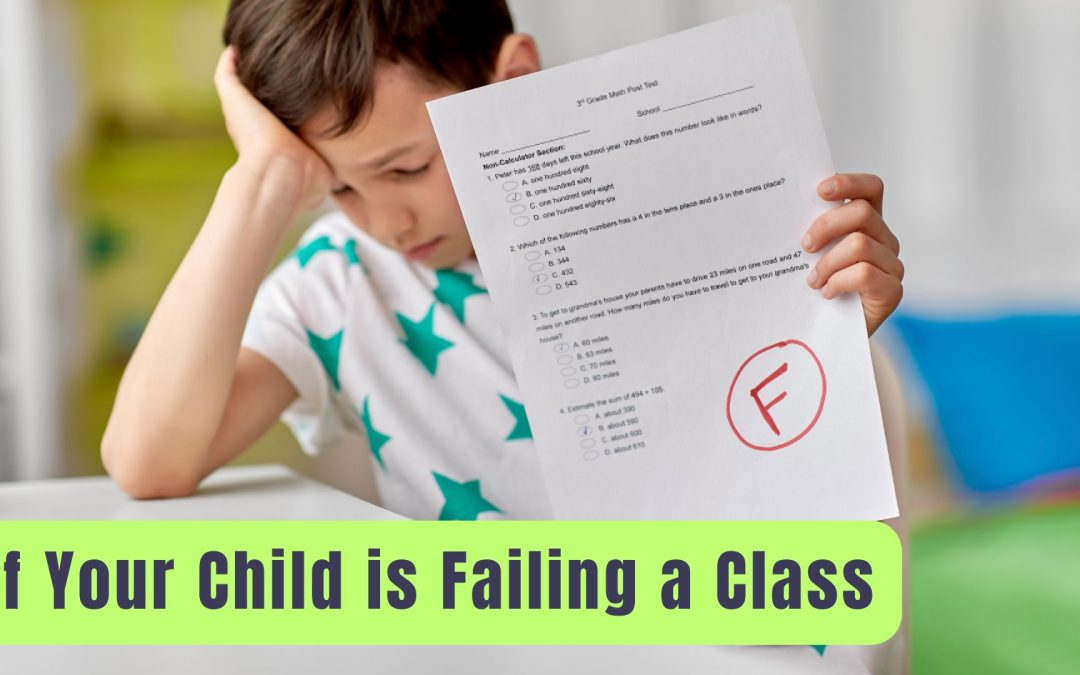No parent wants to think about their child not thriving, whether it is in their home life or at school. But it does happen, and parents need to be as involved as possible in what is going on with their kids at school. This can be anything and everything, from who they count as their friends to which subjects they enjoy, to which subjects they are struggling with. This can help you not only bond more with your children, but to also be able to help them if they are having a difficult time in school.
No Judgement
Chances are, your kid is not going to be very forthcoming if they are failing (or near-failing) a class. You will most likely hear about their grade either when their report card shows up or if it is a Parent-Teacher conference. Your child most likely will feel a little shame or be hard on themselves for receiving a failing grade, and are not going to be the most communicative about that fact. So, once you do hear about their struggles, do not open the conversation with any judgements.
School can be very difficult for a lot of kids, and can be a struggle to keep up with the teaching and readings. Gather as much information about how they are failing the class from the teacher, and figure out how best to help them. Then broach the subject with them and let them know that you are here to help them no matter what, and talk it through in how you can help them improve their grade and understand the material.
Making a Game Plan
Again, if you are hearing about your kid failing a class indirectly, whether they do tell you in person or show you their report card with a not-so-great grade, you will want to gather more information. You can try asking your child a few questions right then or there (and remember to not be judgmental!), but if they are being a little tight-lipped or not forthcoming, do not worry. Make sure you reach out to their teacher to then get a little more information, whether it be that your child has a hard time concentrating, is maybe not doing the homework, or is very stressed about taking exams. This can help you broach the subject better with your child, and help them feel less embarrassed about their grade and more focused on making a game plan to improve their grade as soon as they can!
Katie Kyzivat

